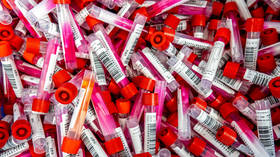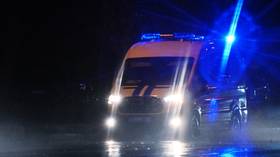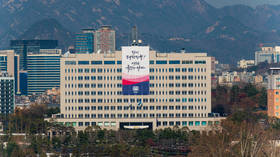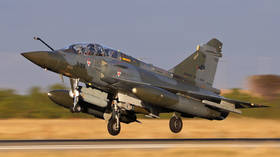Black eggs on the black market
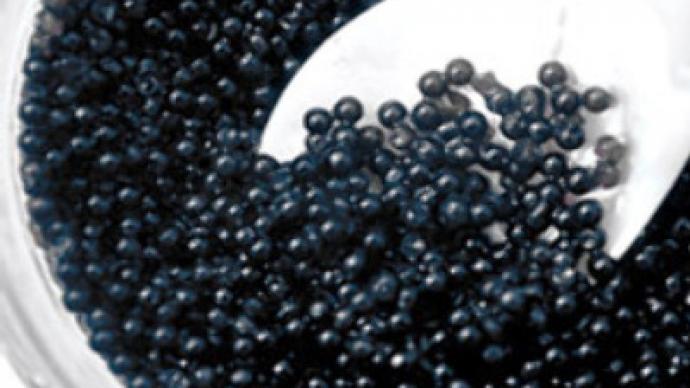
Russia is turning up the heat on poachers of sturgeon, the rare and valuable fish whose eggs are served as caviar.
Stocks of sturgeon are running dangerously low, threatening the fish with extinction. Oil and gas exploration in the Caspian Sea together with the construction of dams on their Volga river breeding ground have disturbed their habitat and rampant illegal fishing in the 1990s further reduced their numbers.
Since 2002 all commercial sturgeon fishing has been outlawed in Russia. But the high price of the fish on the black market makes it a tempting catch for poachers, who face up to seven years in jail if they are caught.
The poachers use powerful speedboats to outmanoeuvre coastguards, and keep track of their nets with GPS rather than using visible markers.
The Russian authorities are determined to tackle the poachers. They have stepped up patrols of the Caspian waters, and carried out raids on markets to track down contraband fish.
Caspian patrol boats seized 334 vessels last year, destroying more than 62 kilometres of nets and 6.7 tonnes of sturgeon meat and caviar.
Farmed sturgeon is being promoted as an eco-friendly alternative. Russia plans to subsidise sturgeon farms, and hopes that within seven years farmed production will rise to 100 tonnes per year.
The market in illegal sturgeon is estimated to be worth close to $US 1 million.




